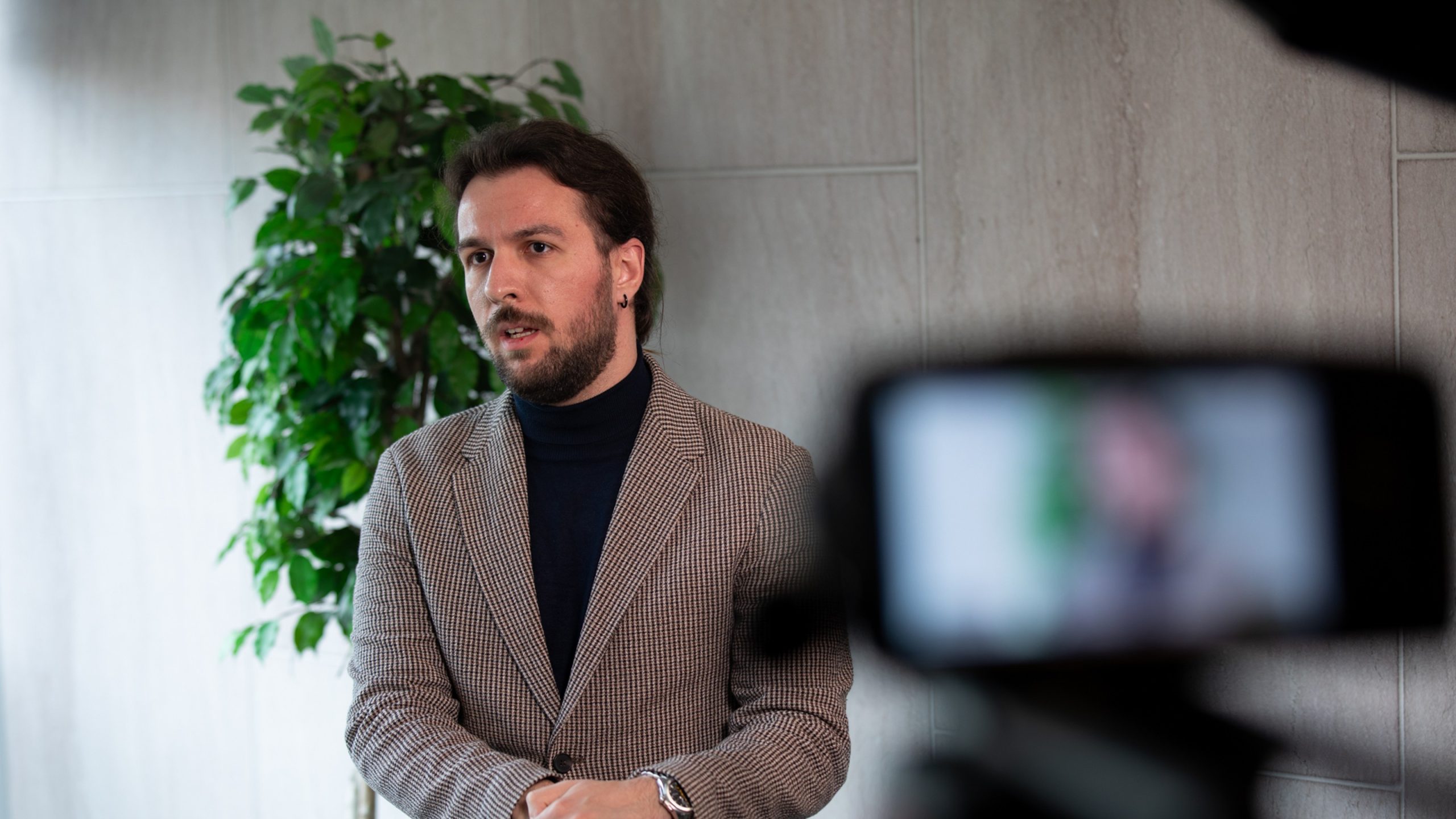The shadow of the tool
Experts warn this is a leap before we can see the ground. In practice, ChatGPT was introduced into Greek schools without prior public consultation with teachers, educational experts, or digital rights organizations. The program was presented as a national innovation, but in essence, the social contract for artificial intelligence in education was signed without the direct involvement of those directly affected. At the same time, the 20 high schools were selected without transparent criteria, and even the teachers themselves do not seem to know clearly what exactly will be tested in the classroom.
In an interview with the NGO Homo Digitalis for the podcast Vox Civica—Where Democracy has a voice, they told us that in September 2025 they published a letter of intervention to the Ministry of Education and the Parliament did not respond to questions regarding why OpenAI, a company based in the United States with a history of GDPR violations, was chosen instead of university or public research centers in the country? Or why open source solutions were not promoted, providing more transparency in the code, more comprehensive and higher quality data oversight, leading to technological autonomy. In the interview, it was emphasized that assigning such a task to a proprietary system with American interests runs counter to the European Union’s broader strategy of “technological sovereignty,” and therefore the company provides “black boxes” where education ceases to be a public good and becomes a service dependent on the provider. Finally, the critical approach of Homo Digitalis raises the issue of Greece as a dependent user of OpenAI, which is already under investigation by European authorities for transparency and data management.
It is abundantly clear that the issue is not about rejecting the use of AI, but rather the context in which it is used, promoting a national digital sovereignty strategy, open data requirements, strengthening university research and public oversight, and de-privatizing it.
As the debate revolves around European technological autonomy, what needs to be considered is the preservation of intellectual sovereignty, as many of the implementation issues have not been clarified. ethical use requires consideration of research on the deviation of autonomy in the intellectual process in the overuse of AI, a form of “cognitive debt,” where convenience replaces the process of thinking. In Greece, the ChatGPT Edu pilot program is entering schools at a time when science warns that mechanical assistance can erode the learning experience. A prerequisite for success is redefining our relationship with AI, strengthening schools as shapers of critical thinking rather than sterile knowledge and easy answers. Artificial intelligence can only serve as an ally of the democracy of knowledge if it remains an object of critical thinking — not a substitute for it.
Besides, OpenAI itself, in its announcement about the OpenAI for Greece program, put itself right up there with the big cultural landmarks of global education, from Plato’s Academy to Aristotle’s Lyceum. Perhaps this is an ironic coincidence, because Aristotle saw education not as technical knowledge, but as a means of shaping the soul; education, he said, must cultivate prudence, the ability to judge, not simply to know, with the ultimate goal of education being to produce good citizens. This presupposed that «νομοθετητέον περὶ παιδείας καὶ ταύτην κοινὴν ποιητέον» (“laws must be enacted concerning education, and education must be made common to all” ); that education should be a public good, common and transparent, not a privilege or a commercial tool. In light of this tradition, the challenge of artificial intelligence in Greek schools is not to replace the teacher, but to remind us of the teacher’s purpose: to teach people how to think. In conclusion, Greece has a responsibility to demonstrate that even in the age of algorithms, education remains a matter of human reasoning and freedom—it must defend what established it in the world—the relationship between cognition, virtue, and freedom.
